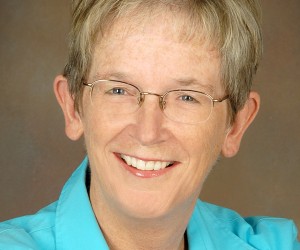The requirement for professionals to keep their knowledge up to date is a hallmark of all recognised professions. It is one of the requirements of the South African Qualifications Authority to recognise a professional body. In today’s world of work, the knowledge and skills acquired through one’s original education and training are rapidly overtaken by developments such as new legislation, new ideas and new challenges which arise continuously.
According to Dr Penny Abbott, Head of Research and Product Development at the SA Board of People Practices (SABPP), we must adapt and acquire new knowledge and skills to fit changing demands.
“An out of date practitioner cannot be a competent practitioner. We all feel much safer when we know that the pilot of our plane is required to undergo regular skills updates, and none of us would feel happy consulting a doctor who does not know of the latest studies on a particular type of treatment. In fact, with the amount of information available on the internet these days, professionals are having to up their game when discussing solutions with clients and or patients. Professionalism involves a personal commitment to career-long learning, otherwise termed ‘continuing professional development’ with the acronym CPD,” says Dr Abbott.
At the SABPP, as the experts in people development, the CPD approach has been developed to facilitate a culture of lifelong learning amongst members of the HR Profession, create learning opportunities and to sustain and grow professionalism and the body of knowledge of the profession. While it does not exclude formal education, it also includes other learning processes including, for example, job-based learning, skill development programmes, seminars, conventions and professional body functions, reading, researching and writing journal and other articles, lecturing and speaking engagements, mentoring and being mentored. HR professional development must be based on actual practice in the real world of work.
“The opportunities created by technology and the tsunami of social media usage can be harnessed to encourage professionals to keep their knowledge and skills up to date and also to make it easy for them. We have cloud-based document storage systems, we have blogging sites which could be used for journaling, and we have Facebook which could be used to log activities. Personal learning needs to be married with social collaboration learning which is made much easier through technology—we no longer have to travel to conferences to get the latest information or listen to the experts. TED talks and Utube contain a treasure trove of expertise, cleverly packaged to get the maximum impact in the shortest time, a great advantage for a busy professional,” she told Achiever magazine.
A second characteristic of the modern world that impacts on professionals is the increasing need to work in an inter-disciplinary way across professions. A recent example from the work of the SABPP illustrates the point—having developed standards for the profession, the SABPP has developed an auditing methodology to see to what extent organisations are meeting the standard.
“This has required HR practitioners to learn risk management and auditing principles and how to apply these to HR work. In a different field, medical doctors are now attending joint seminars and workshops with social workers and psychologists to develop a case-management approach,” Dr Abbott concludes.






